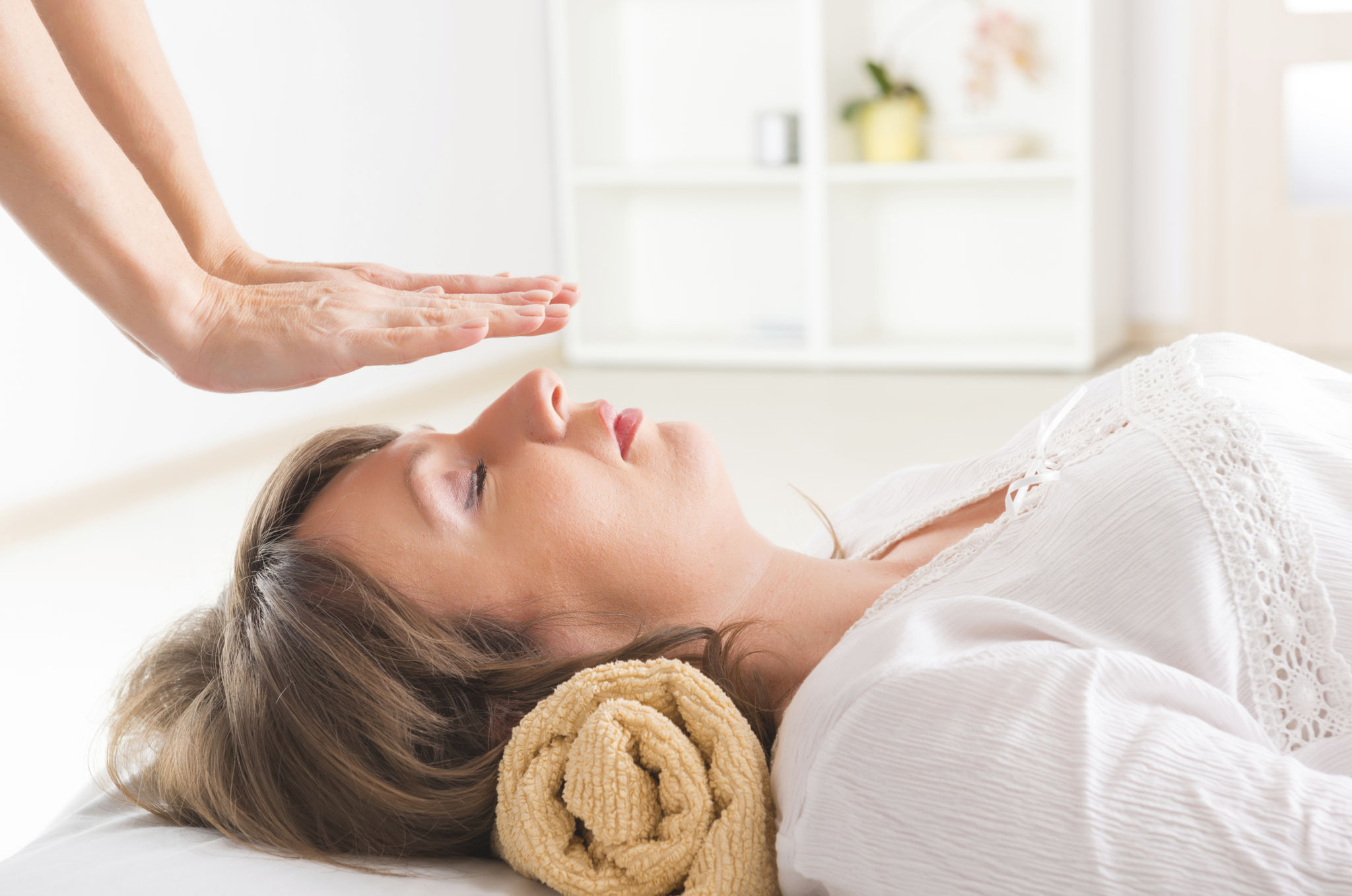Reiki vs. Other Holistic Therapies: Making the Right Choice
Understanding Reiki
Reiki is a form of energy healing that originated in Japan in the early 20th century. Practitioners use their hands to channel energy into the patient, which can promote healing and balance. The word "Reiki" combines the Japanese words "rei" (universal) and "ki" (life energy), underscoring its focus on harnessing natural energy forces.
This therapy is non-invasive and can be used alongside other treatments. Many people turn to Reiki for stress reduction, relaxation, and overall well-being. The experience of a Reiki session can vary from person to person, but many report feelings of warmth, peace, and emotional release.

Exploring Other Holistic Therapies
Acupuncture
Acupuncture is a well-known holistic therapy that involves inserting thin needles into specific points on the body to alleviate pain and treat various physical, mental, and emotional conditions. This ancient Chinese practice is based on the belief that life energy flows through the body along pathways called meridians. By stimulating these points, acupuncture aims to restore balance and promote natural healing.

Aromatherapy
Aromatherapy uses essential oils extracted from plants to improve physical and emotional well-being. These oils can be inhaled or applied to the skin through massage or baths. Aromatherapy is often used to reduce stress, improve mood, and enhance relaxation. Each essential oil has distinct properties, and practitioners choose them based on their therapeutic effects.
Comparing Reiki with Other Therapies
Healing Approach
One of the primary differences between Reiki and other holistic therapies lies in their approach to healing. While Reiki focuses on channeling universal energy through the hands, therapies like acupuncture and aromatherapy have a more structured application method. Acupuncture involves precise needle placement, whereas aromatherapy relies on the chemical properties of essential oils.

Suitability for Different Needs
Choosing the right therapy often depends on individual needs and preferences. Reiki might be suitable for those who prefer a non-invasive approach to stress relief and emotional balance. On the other hand, acupuncture might be more appropriate for addressing specific pain issues or health conditions. Aromatherapy could be ideal for individuals looking to enhance their sensory experience through scent.
Making the Right Choice
When deciding between Reiki and other holistic therapies, consider what you hope to achieve through treatment. Are you seeking relaxation, pain relief, or emotional healing? Researching each therapy's benefits and consulting with a trained practitioner can help guide your decision.
It's also essential to recognize that these therapies can complement each other. Many people find that combining treatments enhances their overall well-being. Ultimately, the best choice is one that aligns with your personal health goals and comfort level.

